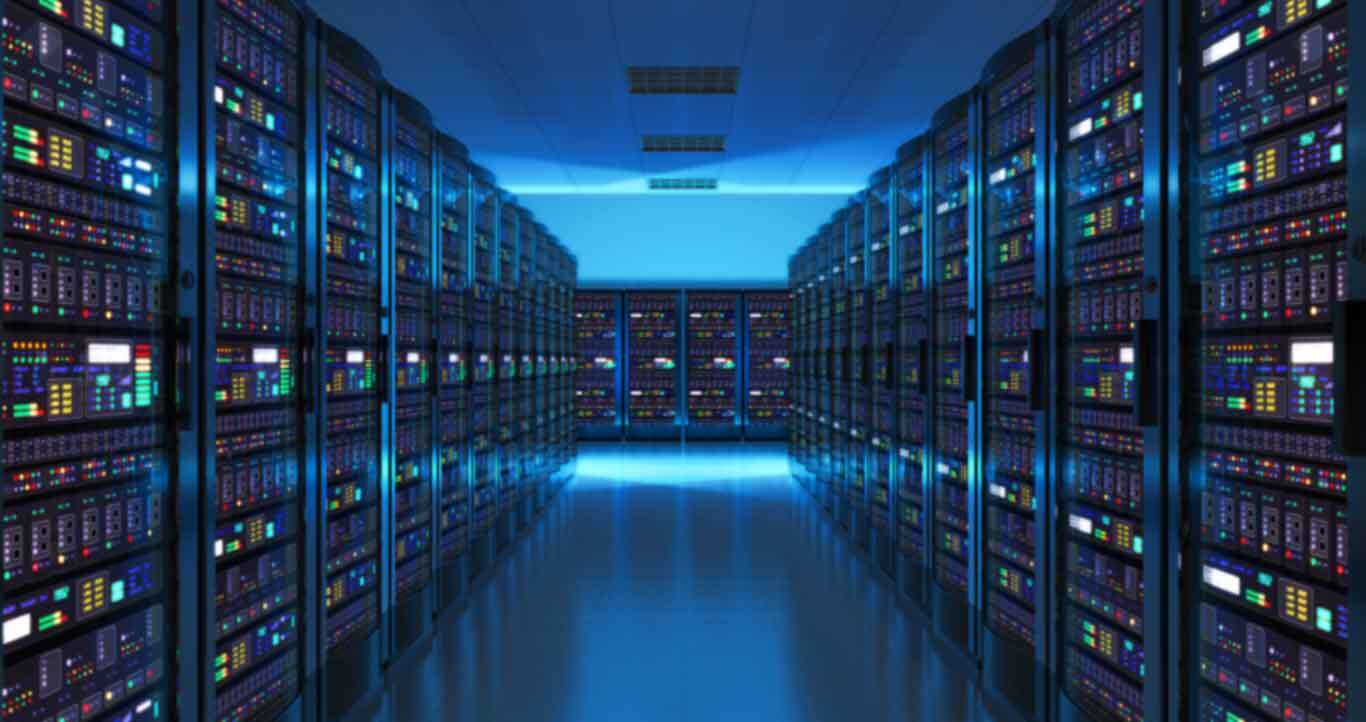Data centers in North Holland use so much water to cool the equipment that there may be a shortage of drinking water for households. According to Dutch newspaper Telegraaf, this is evident from internal documents of the province of Noord-Holland. In addition, unknown chemicals that end up in the environment are added to the cooling water. According to the newspaper, officials have deliberately not published a critical investigation report on this. The province denies this.
Two existing data centers in the municipality of Hollands Kroon would consume 525 cubic meters of drinking water per hour, according to officials. It would be 4.6 million cubic meters per year. By comparison this equates to more than 28,000 4-person households.
The municipality wants to issue permits for five more new data centers, which would increase the need for cooling water by about 10 million cubic meters per year. An online webinar by the province of North Holland shows that "freshwater shortages can occur during extreme weather conditions".
"Not kept under the hood"
The province of Noord-Holland opposes a report being kept under the hood. According to a spokesperson, the province has indeed carried out research into water consumption by data centers and the effects of prolonged dry summers on the water supply.
However, the province considered that the sample of that investigation was too small and that the conclusions of the report were insufficiently substantiated. Therefore, according to the province, it was decided not to publish the report.
Cees Loggen, Deputy Spatial Planning of the Province of North Holland, writes in a blog that a provincial data center strategy is being worked on, of which water and energy consumption and spatial impact are part. The plan is to send that data strategy for the summer to the Provincial States.
Microsoft's response
One of the companies with a large data center in North Holland is Microsoft. The tech company responds to the report with a statement that their data centers in the Netherlands are mainly cooled by direct outdoor air. "About 95% of the year, depending on the temperature on site. The rest of the year, evaporated water is used to cool the data center. The conditions of this business are well adapted to the Dutch climate, which means that our water consumption on an annual basis to a at least remains limited. " In addition, the company says it will invest in the development of new cooling technologies. Microsoft emphasizes that the chemical treatment to maintain the quality of the cooling water complies with the laws and regulations.
National drinking water supply
Professor of Management Michiel de Vries watched the previously mentioned webinar and is critical of the course of events. Among other things, he is concerned about the use of chemicals to kill bacteria in the cooling water and prevent lime deposition. "That is being discharged again on the surface water, on canals and the IJsselmeer, you name it. That is a Natura 2000 area after all. It is our national drinking water supply", says De Vries in the NOS Radio 1 Journaal.
According to De Vries, water consumption is not taken into account at all in the granting of permits. "Where I have to comply with all sorts of permits when I have to renovate my house, the authorities make no demands at all on the data centers in terms of energy and water consumption."
"Officials want to facilitate data centers"
According to De Vries, the environmental effects are looked at "very poorly". "Only if that is strictly necessary, and water apparently does not fall under it." De Vries says that the webinar shows that officials are mainly concerned with the question of how the data centers can still be facilitated.
De Vries believes that the regulations regarding this type of permit should be tightened. "I think there is a need to think carefully about tough criteria for the construction of such data centers. I think that the government should be given a much more controlling role and not simply say: data center, nice, let's put them in place."
More criticism of data centers
There has long been criticism of the advent of large data centers in North Holland. There are complaints about horizon pollution, the disappearance of agricultural land, the enormous energy consumption and the use of cooling water. The largest wind farm in the Netherlands opened in the Wieringermeer in September last year. The mills can generate power for 370,000 households, but most of the electricity goes to a Microsoft data center.














